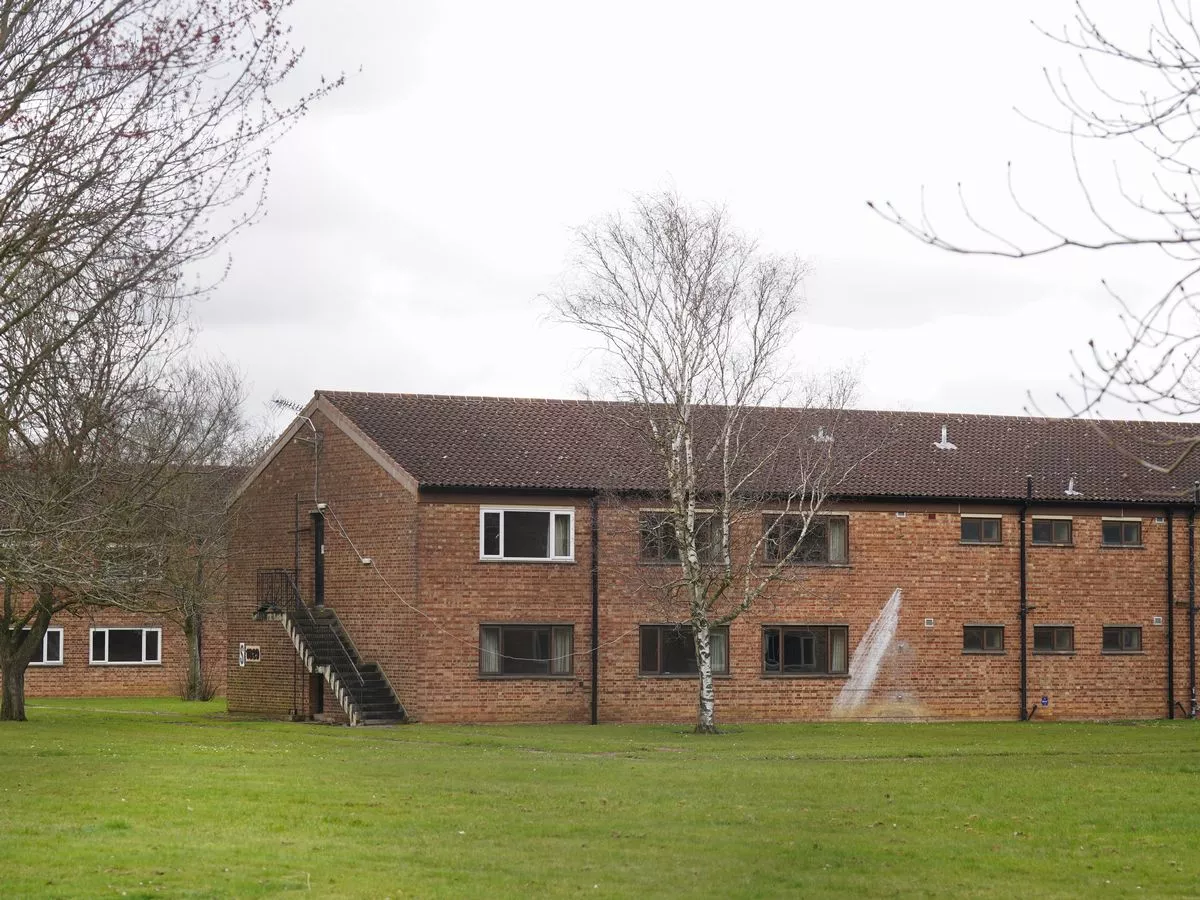Copyright medicaldialogues

A new study published in the Journal of American Medical Association showed that postacute sequelae of SARS-CoV-2 (PASC) were more common in patients with schizophrenia, bipolar illness, or recurrent major depressive disorder, illuminating the necessity for integrated mental health and COVID-19 care regimens.It is uncertain if those with a serious mental illness (SMI) are more likely to have postacute sequelae of SARS-CoV-2 (PASC), given their greater susceptibility to COVID-19. Secondary prevention initiatives might benefit from an understanding of this connection. Thus, this study determined the risk that individuals with a SMI will acquire PASC.Data from extensive electronic health records (EHRs) between March 2020 and April 2023, including a 180-day follow-up, were used in this longitudinal cohort research. Adults 21 years of age or older who had a proven COVID-19 infection as shown by a pertinent lab test, diagnosis, or prescription order were considered patients. Evidence of a diagnosis of schizophrenia, bipolar illness, or recurrent major depressive disorder prior to COVID-19 infection. Evidence of PASC symptoms within 30 to 180 days of follow-up following COVID-19 infection was considered the primary outcome. It was given as odds ratios (OR) that were mutually adjusted for race age, sex, and ethnicity, insurance type, COVID-19 severity and Charlson Comorbidity Index (CCI) score.1. A total of 1625 857 COVID-19-infected patients were included (mean [SD] age, 52 [17] years; 998 237 [61.4%] females, 204 237 [12.6%] non-Hispanic Black, 219 220 [13.5%] Hispanic, 833 411 [51.3%] non-Hispanic White, and 1 228 664 [75.6%] urban patients). 2. Of these, 258 523 (15.9%) had a SMI and 403 641 (24.8%) developed PASC). The adjusted chances of developing PASC were higher in those with a SMI (OR, 1.10; 95% CI, 1.08-1.11; P <.001).3. Older age compared to age 22 to 34 years, non-Hispanic Black and Hispanic race and ethnicity compared to non-Hispanic White race and ethnicity (OR, 1.08; 95% CI, 1.07-1.10; OR, 1.12; 95% CI, 1.11-1.13), higher chronic disease burden when compared to no chronic disease (CCI 1 to 3: OR, 1.13; 95% CI, 1.12-1.14; CCI ≥4: OR, 1.23; 95% CI, 1.22-1.25), and hospitalization with initial COVID-19 infection. 4. Commercial health insurance was linked to decreased chances of PASC when compared to public insurance (OR, 0.85; 95% CI, 0.84-0.86). Overall, the necessity for coordinated mental health and COVID-19 care methods is highlighted by the fact that patients with SMI were more likely to develop PASC in this cohort analysis of COVID-19-infected individuals than those without SMI.Source:Vekaria, V., Thiruvalluru, R. K., Verzani, Z., Abedian, S., Olfson, M., Patra, B. G., Xiao, Y., Salamon, K. S., Hoth, K., Blancero, F., Hornig-Rohan, M. M., Akintonwa, T., Sabiha, M., Weiner, M. G., Carton, T. W., Kaushal, R., Pathak, J., & RECOVER PCORnet EHR consortium. (2025). Schizophrenia, bipolar, or major depressive disorder and postacute sequelae of COVID-19. JAMA Network Open, 8(10), e2540242. https://doi.org/10.1001/jamanetworkopen.2025.40242



